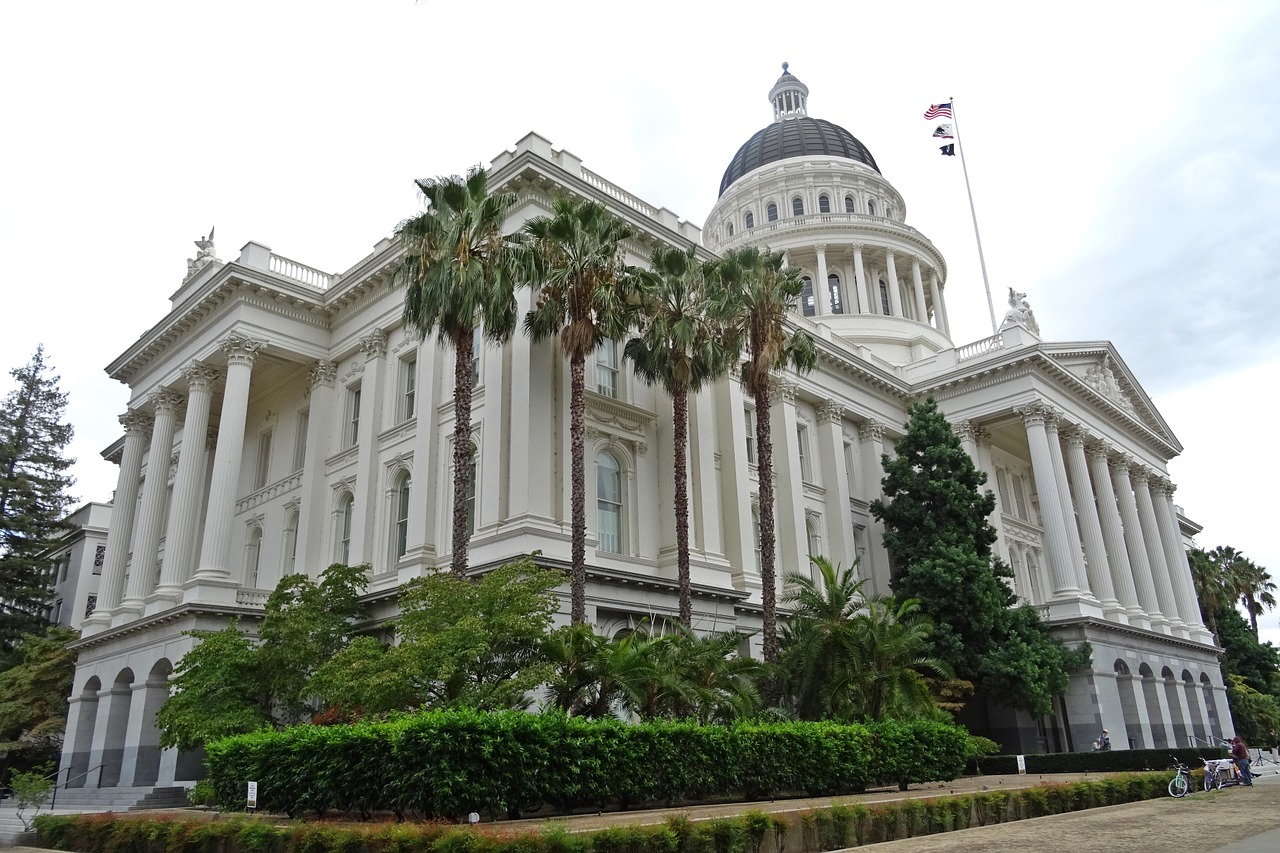
Absent federal aid, the Governor’s May revision proposes huge cuts to the Song-Brown primary care training program
San Francisco – The California Academy of Family Physicians (CAFP) and our 11,000 members urge lawmakers to reject cuts to primary care at the time we need it most.
The COVID-19 pandemic has exposed significant flaws in our health care system, including payment and care delivery incentives that support specialty services and undermine primary and preventive care. California health plans spend an average of less than seven percent of expenditures on primary care.
“The underfunding of primary care makes California more susceptible to public health crises like COVID-19,” said CAFP President, Walter Mills, M.D. “California needs more family physicians to address existing public health epidemics like obesity, before we can effectively control new pandemics.”
These system flaws begin with the way we train physicians. There are huge incentives in the system for medical students to become subspecialists or provide specialty care.
Today, Governor Newsom released the May Revision of his 2020-2021 State Budget proposal. CAFP recognizes the devastating effects COVID-19 has wrought on State revenues and remains committed to working with lawmakers and the American Academy of Family Physicians on securing appropriate federal relief for California. As physicians who specialize in primary care for every stage of life, family physicians have been on the front lines of the pandemic.
The health of primary care in California is too important to depend on federal relief. We are disappointed that the Governor’s May budget revision proposes significantly reducing funding for training primary care physicians when we need them most, unless the State receives federal relief. The Governor’s office has the unenviable task of addressing a historic revenue shortfall, but maintaining eligibility in programs means nothing if there are not enough primary care physicians to treat them.
The Governor’s proposal to drastically reduce funding for the Song-Brown Primary Care Training (Song-Brown) program absent federal relief further reduces the State’s primary care capacity. The Song-Brown program significantly improves access to care in underserved areas and has helped reduce the shortage of primary care physicians in California.
Thanks in large part to the Song-Brown program, the total number of family medicine residency slots grew by 58 percent from 2012 to 2019. The program helps get needed services to communities immediately. Each family medicine resident provides an average of at least 600 additional primary care patient visits per year while in training. Supporting family medicine residency programs also has significant long-term benefits for communities in which residents train, as the majority of residents stay and practice in those communities.
Song-Brown-funded programs consistently send more than 60 percent of their physician graduates to practice in state- and federally-designated underserved areas. In addition, approximately 30 percent of physician graduates of Song-Brown-funded programs are underrepresented minorities. In the last three years alone, Song-Brown helped to create and fund:
“Making more family physicians is one of the most effective tools we have to bend the health care cost curve and improve patient outcomes,” said CAFP CEO Lisa Folberg. “The Song-Brown program has been very successful in targeting funding to those physicians who actually practice in primary care.”
At its essence, COVID-19 is a public health crisis that requires a strong primary care workforce to triage, test and treat patients. Rather than supporting the State’s ability to be prepared for COVID-19 and future public health threats, the Governor’s proposal to cut essential funds for the Song-Brown program absent federal relief will undermine California’s long-term health system stability. Family physicians and others who specialize in primary care manage the majority of care for people with the conditions that put them at risk for COVID-19.
CAFP looks forward to helping the Governor and lawmakers secure federal funding to help Californians and urge lawmakers to reject cuts to the critically important Song-Brown program.